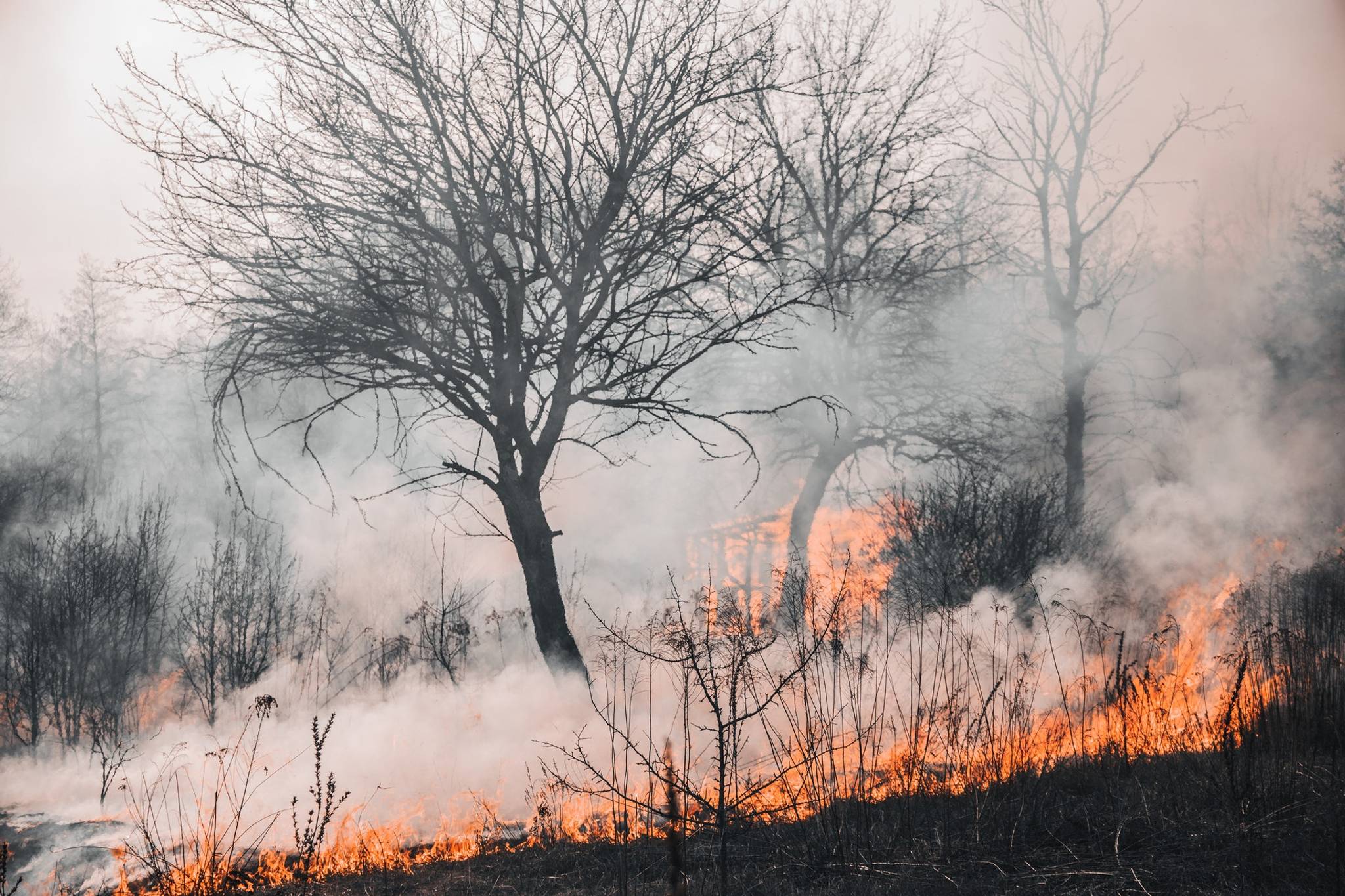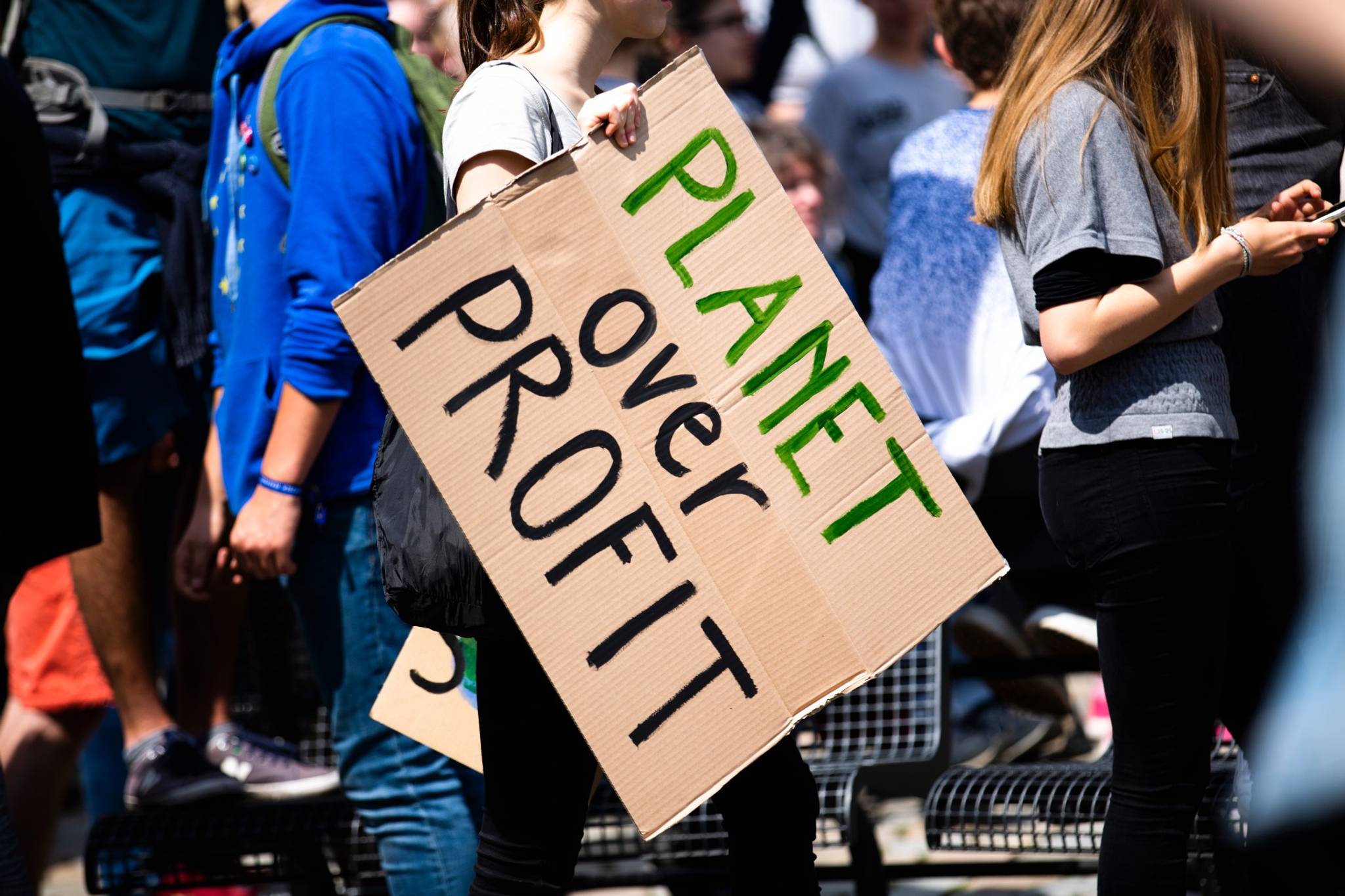
The majority of scientists believe that climate change is linked to human activities, but just over half of Americans share the same belief. In the era of 24/7 real – or fake – news from multiple media channels and amid low institutional trust, it can be hard to know what to believe.
The environment has gone through drastic changes since 2020, from bushfires in Australia and green snow in Antarctica to unpolluted skies during the COVID-19 lockdown period. Despite scientific consensus linking climate change to human activities, a proportionally representative poll of around 1,000 Americans finds that only 55% of respondents believe that humans are causing climate change. Instead, 31.6% believe that it’s caused by natural environmental changes, 8.3% don’t believe in global warming, and 5.1% say the climate crisis is due to other causes. There are also stark differences by political affiliation – 79.6% of Democrats and 24.5% of Republicans believe global warming is human-caused.
The lack of belief in global warming may come as no surprise to some when considering the era of fake news, low institutional trust, and information overload from multiple media channels. The combination of these factors can often make it difficult to reach a conclusive opinion on a complicated topic. There’s an opportunity for brands to fill knowledge gaps by pushing evidence-based educational content across various media channels, such as social media, podcasts, and magazine articles, which would resonate with parents of Gen Zers, who are pushing for more climate change content in schools. Brands looking to boost eco knowledge could consider targeted advertisements towards groups that may be uncertain about climate change. For example, Science Moms produces climate change content specifically for parents and podcast How to Save a Planet explains how listeners can do something about the climate crisis.



